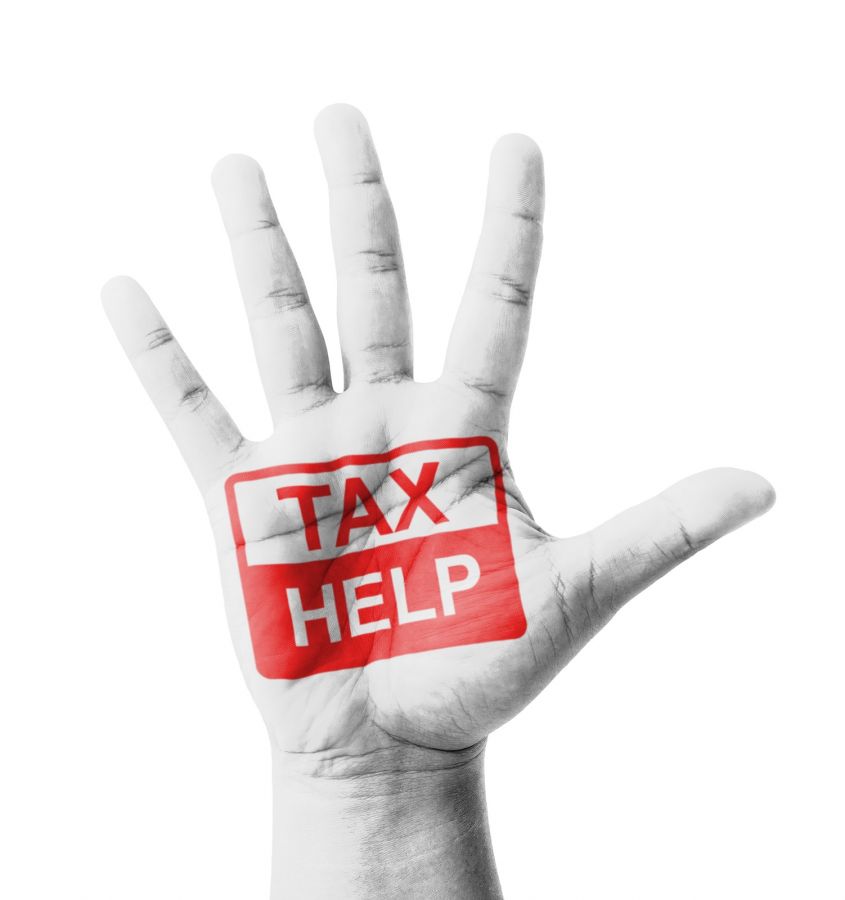Manage Your Debt - Let's Explore Your Options
GET STARTED NOWOwe the IRS? Know Your Options, Don't Get Hit with Huge Fines

Hopefully you are one of the millions of people in the United States who have or will receive a tax refund this year. But for many others, the frustrating result of completing their taxes is that they will have to send a check to the Internal Revenue Service (IRS). And with one month to go until tax day, many people are still trying to determine how they are going to pay the bill.
Below we will outline some of the steps you can take to successfully make it through this tax year and not end up paying a fortune in fees and interest.
One of the most important things to do is to file on time. The deadline is April 15th. You have until then to file the taxes and not receive a late filing penalty. If you pay your taxes by the 15th, you will not be assessed interest or fees, either.
When you file, pay as much towards what you owe as you can. Every cent you send will result in paying less interest later. According to the IRS, the monthly penalty for filing your taxes late is 5% of your total tax bill plus interest. If you file on time, but only pay a portion of what you owe, you will be assessed interest on the account, but at a lesser percentage (1/2 of 1%) each month.
Next file a request with the IRS create a payment arrangement for the remaining debt. There are two ways to do this:
- Use the IRS’s Online Payment Agreement tool or
- File an Installment Agreement Request (Form 9465), with your tax return.
If you make your repayment agreement for less than 120 days, there is no fee. However, if your repayment period is over 120 days (maximum is 72 months) and you use direct deposit to make payments, the one-time user fee is $52. If it is over 120 days and you send a check or use payroll deduction, the fee is $105. As you can see, paying it off as quickly as possible using direct deposit is the best financial option.
If you are completely unable to pay your taxes, you may need to contact the IRS for assistance. It is possible to receive a temporary delay of your payment. This will buy you time, but it also increases the fees and interest accruing on your debt.
The IRS also has Taxpayer Advocates who may be able to help you if your problem is causing financial difficulties for you, your family, or your business. Each state has a taxpayer advocate that individuals can contact.
Over the last few years, the IRS has been trying to make it easier for people to access help for their taxes. Try to take advantage of these programs and services before seeking assistance elsewhere. Often outside attorneys or tax businesses charge high fees for providing tax services you can take advantage of on your own.
Visit www.IRS.gov for more information on tax filing and repayment arrangements. You can also visit our blog for more information on successfully managing your money and credit.
Published Mar 19, 2015.
